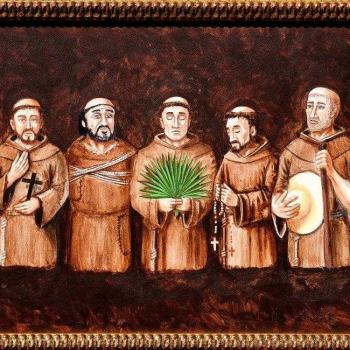What is the proper term to describe someone from Central and South America?
Depending on how the word “Hispanic” is interpreted, it is either improperly used or artificial. The ancient Latin name for Spain is Hispania. Technically and historically speaking something Hispanic or someone Hispanic comes from Hispania, meaning from Spain and not from Central or South America. It may be argued therefore that the term Hispanic is improperly used to describe someone who does not hail from Spain. Hispanic American would be a more accurate description for those from a Central or South American country colonized by Spain.
The term Hispanic used to describe Latin Americans may be considered artificial because the US Census began using it in 1970 to describe people hailing from Central America, South America, and Spain. This led to even more confusion when Hispanic was denoted as a race (this has ceased today in the census, but many still think of it as a race). When the term Hispanic is used, it cannot be used to describe race because Latin Americans are of many races. There is no Hispanic or Latin American look; we are a mix of races. There are blacks, indians, whites, mestizos and zambos and we all identify as Latin American despite racial differences. We are loosely united by culture, language, geography and history, but not by race.
Some prefer to be called Latino as a shortening of latinoamericano or Latin American. Latin Americans on the west coast of the United States are usually identified as Latinos while those on the east coast are called Hispanic. This of course is a generalization, yet this seems to be a general trend. Latino and Hispanic are used almost interchangeably in the United States today even though the terms aren’t equivalent since Hispanic excludes Brazilians while Latino does not. The interchangeability of the terms became evident to me two years ago when the Latin American Bishops in the United States published a letter titled, “Letter of the Hispanic/Latino Bishops to Immigrants.” The bishops did not choose one over the other, they allowed the reader to choose.
Oftentimes in common parlance in the United States, Latin Americans are incorrectly referred to as “Spanish.” I did an experiment once. I referred to people born in the United States as English while at a gathering. When I was corrected I said, “but you must be English because you speak English.” They got it. I speak Spanish, but I am not Spanish. I speak Spanish but the food I eat is Peruvian, not Spanish food or Hispanic food. The Mass at my parish is Mass in Spanish, not Spanish Mass since we don’t have flamenco dancers or castanets. The congregation is not the “Spanish people.” We are Spanish speaking, but we are not Spanish (unless someone from Madrid or Segovia is present, he or she would be Spanish).
I find that the clearest and most precise term to describe someone from Central and South America is Latin American. These past few months the world has been taken by storm by Francis, the first Latin American Pope. Citizens of Central and South American nations refer to their countries as the Latin American nations. In Europe, ministry at parishes to those from Central and South America is called Latin American Ministry. It is best to call people as they call themselves.
















